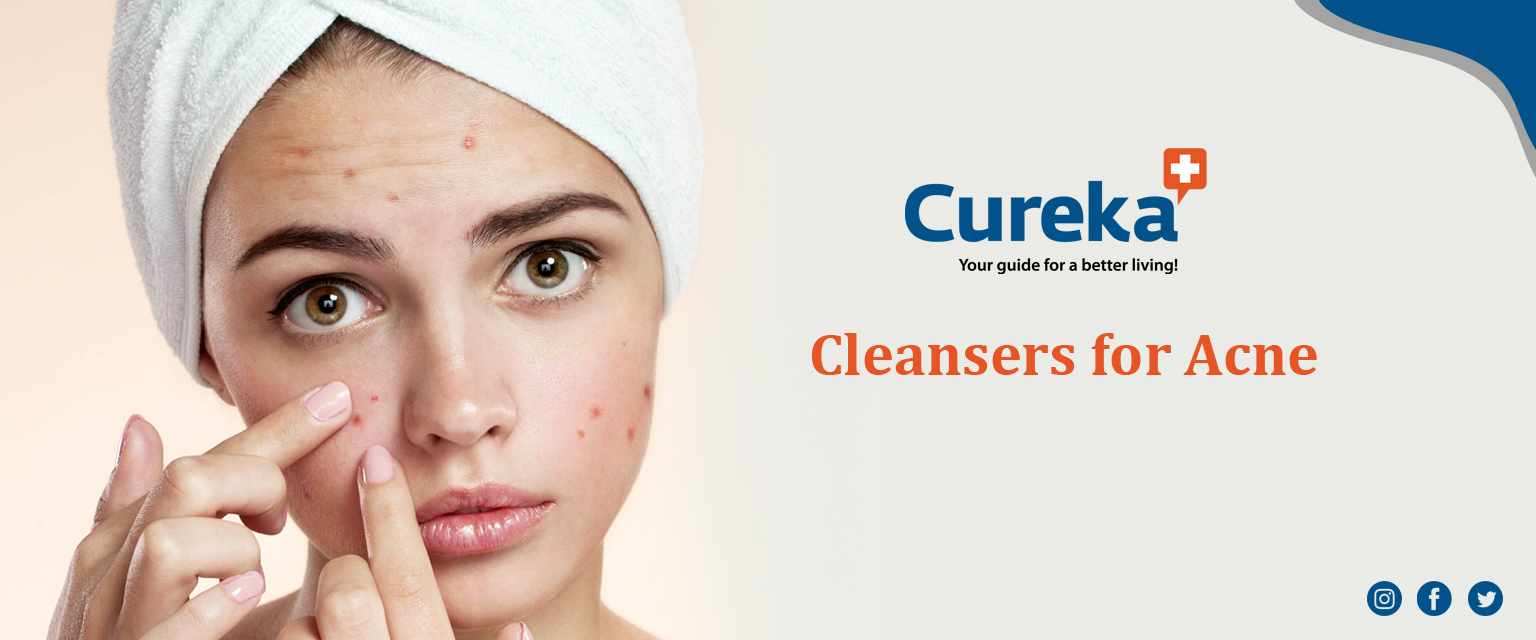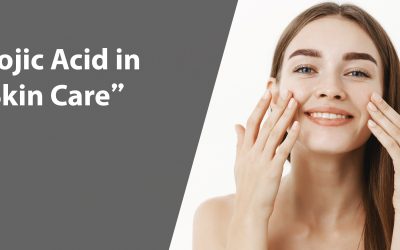Cleansing is part of routine hygiene. Typically a cleanser removes unwanted dirt, bacteria, and dead skin cells form the skin surface.
Acne cleansers gain a lot of attention as acne prone skin is oily(due to excessive sebum production), sensitive and quick to react to anything applied (eg.new break outs).
An acne cleanser has to be an all rounder, it has to gently remove surface dirt, sweat, excessive oil,control the growth of acne bacteria without irritating or drying the skin or causing sebum overcompensation ( when the skin dries more it produces more sebum eventually to compensate).Choosing this ideal cleanser needs some knowledge about cleansers.
First of all let’s have a little insight on the types of cleansers which are available:
- Soaps these are generally alkaline and can irritate the skin.
- Superfatted soap these can cause clogging of the pores and can dry the skin.
- Dermatological bars have more balanced pH and have moisturising elements.
- Liquid cleansers generally are pH balanced, less irritating, have moisturising effects and highly rinsable.
- Antiseptic and antibacterial washes have ingredients to control bacteria, balances pH while not drying the skin.
This is a general view of what cleansers are. There are several ingredients in these cleansers which play the role in treating acne.
Few of them are:
- Benzoyl peroxide (BP) this is well know to remove excess oil and control bacterial growth on the surface of the skin. It could leave the skin a bit dry or in very sensitive people irritate the skin.
- Salicylic acid deposits itself to some extend on the skin surface while cleansing and has good results on the white and black heads (Comedones)
- Triclosan is an antibacterial agent (antiseptic) which can be used to treat acne. It acts directly on the acne bacteria and decrease the colonies of them on the skin.
- Alpha hydroxyl acids (AHA) are helpful to reduce acne and comedones (white and blackheads).
- Syndets in cleansers reduce the irritation and inflammation caused due to acne.
- Aloe Vera has antibacterial and anti inflammatory properties which soothe the skin and reduces dryness and irritation
- Tea tree is another natural antibacterial agent which helps to a certain extent.
- Activated charcoal has also been promoted a lot for its exfoliative properties though there isn’t much evidence of it being very helpful in acne.
Inspite of the necessity to remove excess sebum and act on the bacteria on the skin cleansers have to respect skin barrier function too. Disrupting the skin barrier will cause more problems like dryness and later sebum overcompensation.
This is where the role of foamy cleansers and cream cleansers play a role. These are totally determined by the surfactant used in the cleanser.
Creamy cleansers are preferred if the skin is very sensitive and sore. Especially when under treatment with retinoids and other acne agents.
Foamy cleansers would be the first choice if you are in the early stages of acne and on milder treatments.
Lipid free cleansing lotions are wipe off cleansers and preferred for extremely dry and sensitive skin. You needn’t wash your skin after using them. These cleansers contain emollients and/or humectants which counter the irritancy or drying potential of the surfactant.
Modern technologies and competition in the market has introduced so many new cleansers spoiling you with choices. A cleanser has to enable us to use it concomitantly with therapeutic treatments used for the various dermatological problems. Choose your cleanser wisely as it does play a major role in routine skin care.











